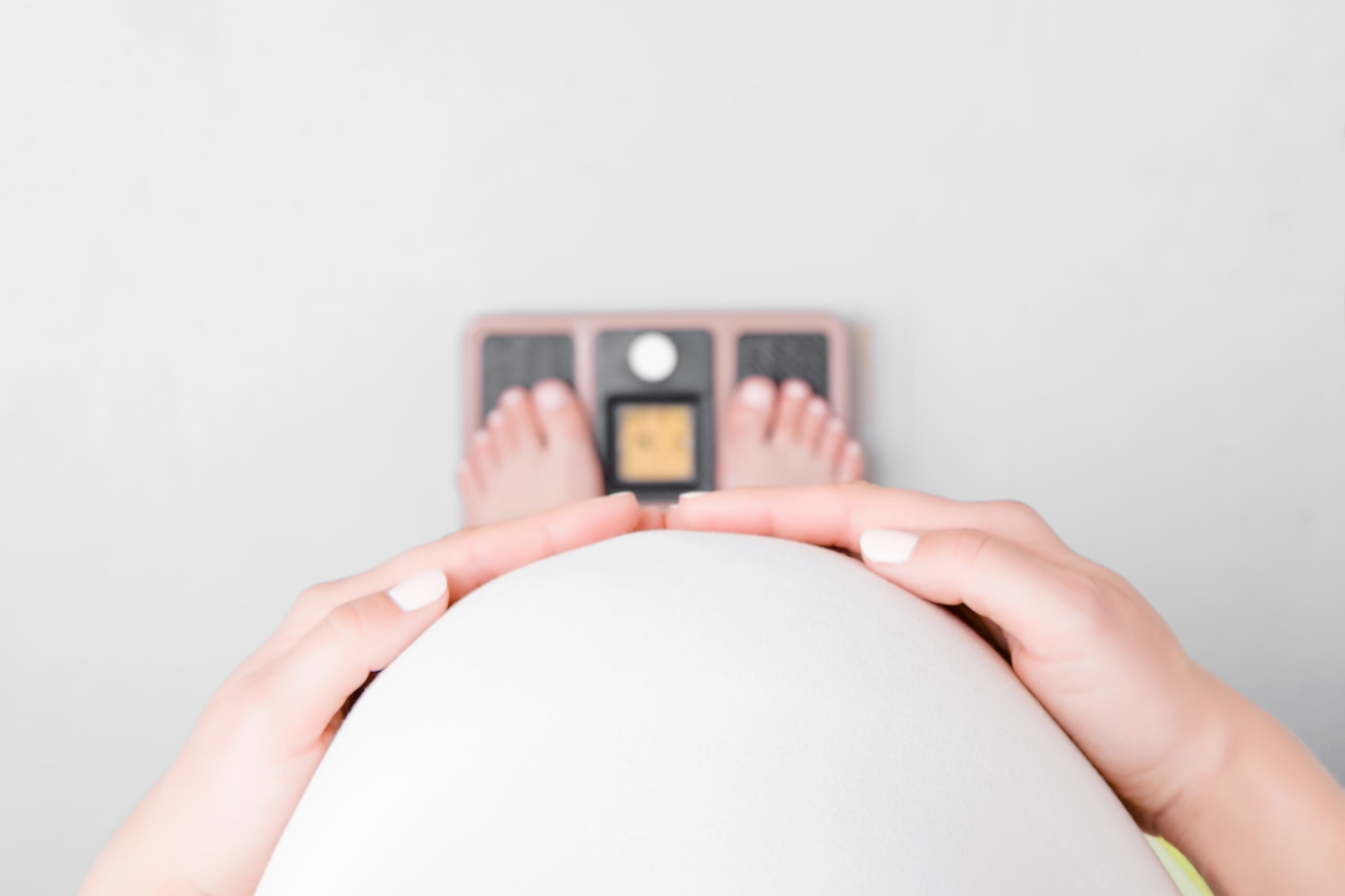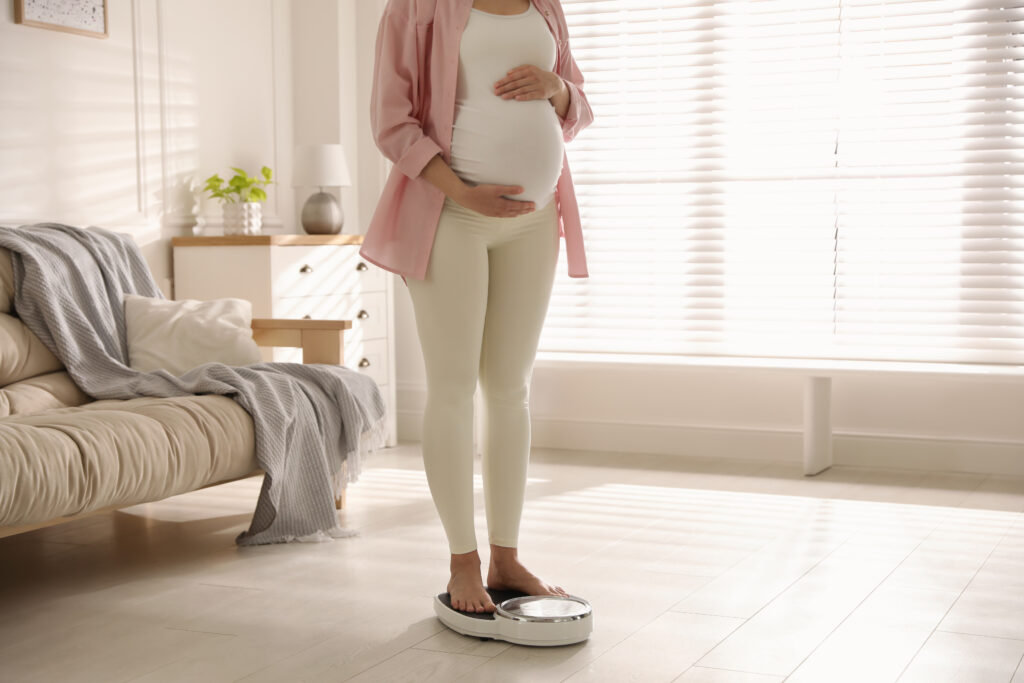Importance of Folic Acid in Pregnancy?
What is Active Folic Acid and what are its advantages?
Here’s an interesting fact ladies. Folic acid is good for any woman. No matter the age, and it doesn’t matter if you’re trying to get pregnant or if you’re already pregnant.
Folic acid is especially important for pregnant women. You might ask why. Well, because A) it is not an acid per se, but a vitamin from the group B (B9). And B) because mother’s low level of folic acid is a risk factor for the development of neural tube defects in the developing fetus. The neural tube forms the baby’s brain and spinal cord, necessary for the structure and the proper function of the nervous system.
The realization that taking folic acid in the form of a dietary supplement reduces the percentage of defects to the nervous system of a newborn by more than 70% is one of the most important medical discoveries of the 20th century. So, you can understand why it is recommendable for pregnant women to take it.
It also is important to know that major development of the brain and spinal cord occurs in the first trimester of pregnancy. Those first 12 weeks are crucial and that’s why additional intake of folic acid is recommended during that period. Ideally, you’ll start taking folic acid at least 3 months before you get pregnant, but the general rule of thumb is… It’s never too early to start taking folic acid.
A beneficial effect is achieved with an additional daily intake of at least 400 micrograms of folic acid during one month before conception and during the first three months of pregnancy.
And what about Active Folic Acid?
Active folic acid is actually the form in which our body utilizes folic acid. This means that folic acid itself and folates from food are not biologically active. They must go through the process of conversion into the metabolically active form of 5-methyltetrahydrofolate (5-MTHF), with the help of the enzyme methylenetetrahydrofolate reductase (MTHFR). Part of the population, due to unique genetic patterns, has polymorphic forms of this enzyme and does not produce adequate or effective MTHFR.
By taking an active folic acid through a food supplement actually means that you are taking a readily prepared, biologically utilized form of folic acid and needn’t worry whether your body might or might not be having the right capacity to convert non-active forms to active folic acid.
Now, all active folic acid forms are not the same.
The Quatrefolic® form belongs to the fourth generation of folic acid. It is considered an innovative form of active folic acid, with high level of solubility in water, and by this is expected to have a high level of bioavailability which means high utilization in the body.
So, our dear ladies, if you are planning a baby, or you are already pregnant, your gynecologist or pharmacist will most probably recommend a food supplement specially developed for your needs. It is recommendable it contains an active form of folic acid, and Quatrefolic being the innovative one is expected to provide adequate amounts of folic acid to your body.






